Experts suggest five priority areas to guide economic, policy and environmental planning for aquaculture sector
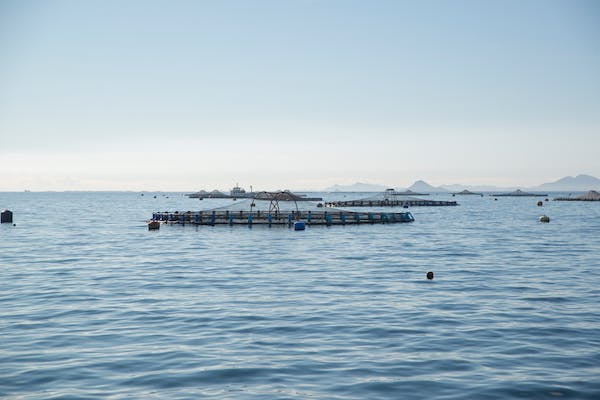
The aquaculture sector needs more effective governance to be sustainable, according to new research.
Aquaculture provides about the same amount of food worldwide as wild-caught fisheries or the egg sector, yet many important questions remain unanswered about the sector’s environmental and social impacts. In a new study, which was published in Current Opinion in Environmental Sustainability, an international consortium of aquaculture experts suggests five areas that can guide research agendas and policy-making.
“Good governance is critically important for ensuring that aquaculture does not cause more harm than benefits,” said Dave Little, co-author and professor at the Institute of Aquaculture at the University of Stirling in Scotland. “However, current knowledge and practices related to aquaculture governance currently lack a set of unifying topics and sustainability goals. This is in part due to aquaculture’s rapid expansion and intensification over the last two decades, in part outpacing the ability of research and policy to catch up.”
As state ministries worldwide now begin to think more concretely about governance issues in the sector, the study suggests five priority areas that are “essential” for guiding unified economic, policy and environmental planning.
“Concerted governance efforts can help move the sector beyond fragmented technical questions associated with intensification and expansion, social and environmental impacts, and toward system-based approaches that address interconnected sustainability issues,” said Little.
The study reviews the most recent literature and synthesizes expert advice to suggest five priority areas for research and policymaking: setting sustainability transformation goals; cross-sectoral linkages; land-water-sea connectivity; knowledge and innovation; and value chains.
The five areas highlight the need to balance social, economic and environmental outcomes, and how aquaculture is connected with other important food and economic sectors, suggesting the need for joint decision-making in the ministries, agencies and institutions responsible for agenda setting and resource allocation.
Now that you've reached the end of the article ...
… please consider supporting GSA’s mission to advance responsible seafood practices through education, advocacy and third-party assurances. The Advocate aims to document the evolution of responsible seafood practices and share the expansive knowledge of our vast network of contributors.
By becoming a Global Seafood Alliance member, you’re ensuring that all of the pre-competitive work we do through member benefits, resources and events can continue. Individual membership costs just $50 a year.
Not a GSA member? Join us.
Author
-
Responsible Seafood Advocate
[103,114,111,46,100,111,111,102,97,101,115,108,97,98,111,108,103,64,114,111,116,105,100,101]
Tagged With
Related Posts
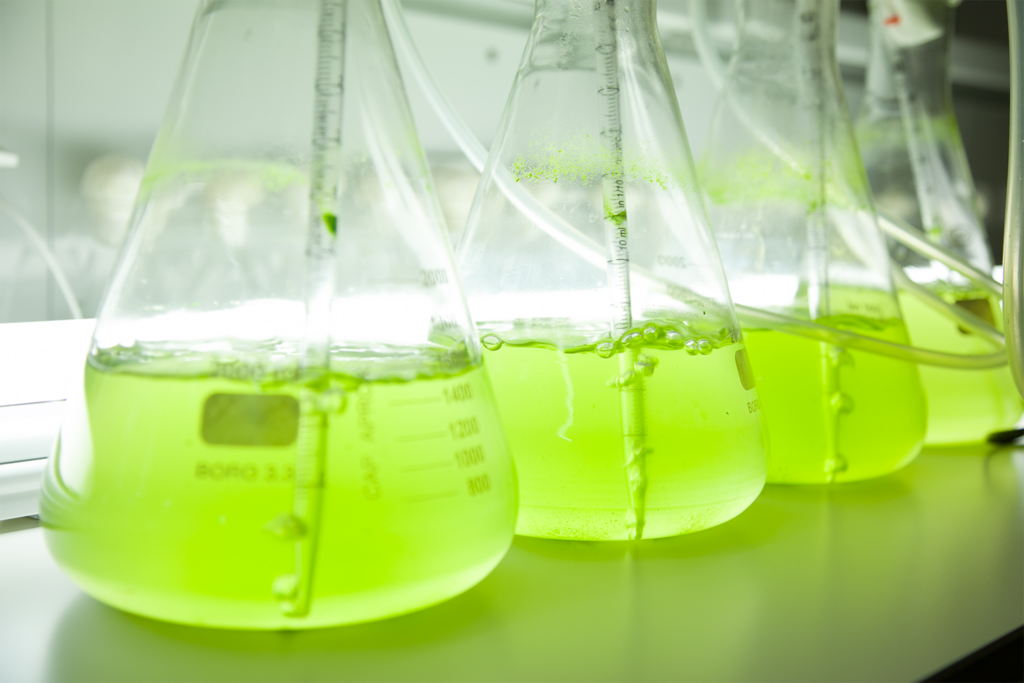
Responsibility
Potential for transforming marine aquaculture from the bottom up for a sustainable future
A focus on microalgae in marine aquaculture could help meet global nutritional needs and improve environmental sustainability and ocean health.
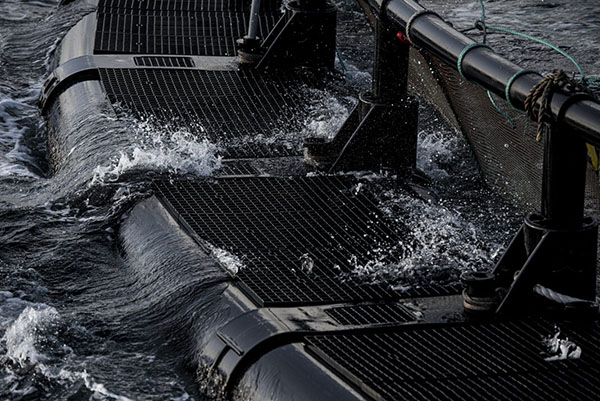
Responsibility
Study: Aquaculture sector shows ‘enormous potential’ to generate circular economy initiatives through plastics recycling
Plastic recycling from the aquaculture sector can be a commercially viable circular economy initiative, concludes SINTEF researchers.
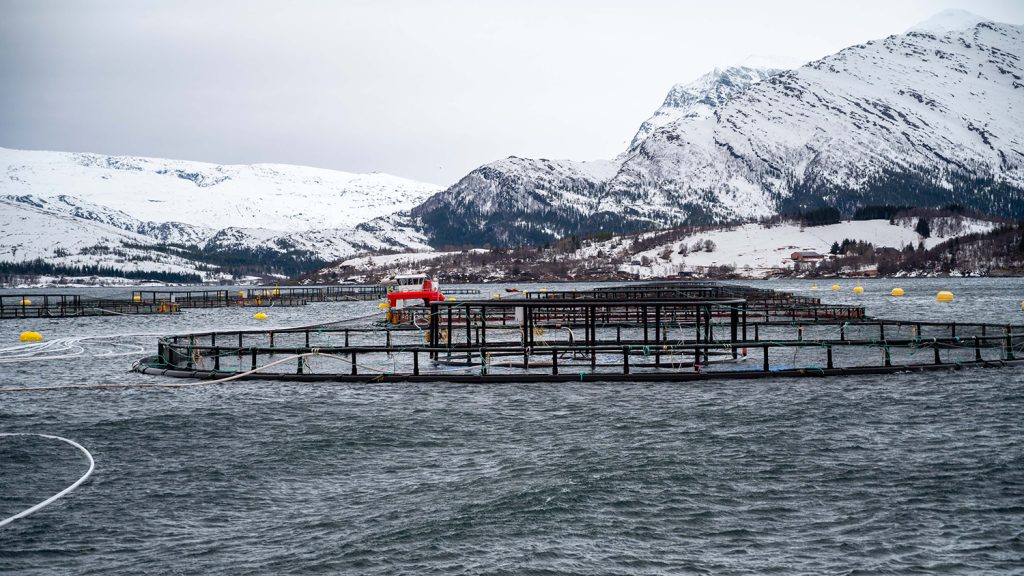
Responsibility
‘Why not make an entire pen?’ Aquaculture equipment company putting recycled plastic to the strength test
Aquaculture equipment specialist AKVA group and collaborators are building the world’s first aquaculture pens made entirely from recycled plastic.
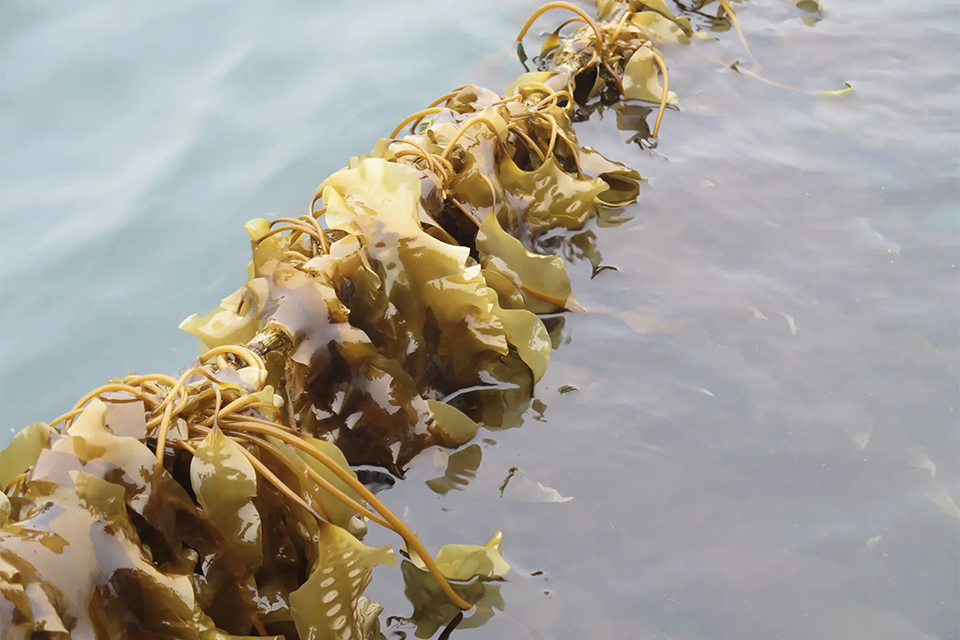
Responsibility
Can kelp farming fix the planet? Experts weigh in on promises and pitfalls
How can kelp farming help solve global challenges? A panel of seaweed experts discussed promises, pitfalls and knowledge gaps.



